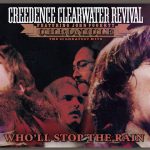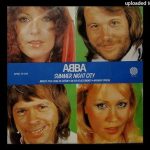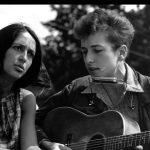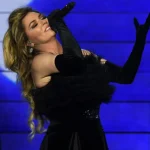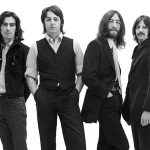The Beatles – “Hey Jude” (1968): A Timeless Anthem of Comfort and Hope

The Beatles – “Hey Jude” (1968): A Timeless Anthem of Comfort and Hope
Released in 1968, “Hey Jude” stands as one of The Beatles’ most iconic and emotionally resonant songs. Written primarily by Paul McCartney, the track began as a personal gesture of compassion — meant to console Julian Lennon, the young son of John Lennon, during the painful period of his parents’ divorce. But what started as an intimate moment soon evolved into something far greater. “Hey Jude” transcended its original purpose to become a universal anthem of healing, encouragement, and emotional release.
The song opens with McCartney’s gentle piano and reassuring voice — a musical embrace that feels like a friend quietly telling you: “Take a sad song and make it better.” His delivery is more than singing; it’s like a personal conversation, inviting listeners to face their sadness and slowly transform it into strength. There’s a raw honesty in the lyrics, reminding us that acknowledging pain is the first step toward overcoming it.
What truly sets “Hey Jude” apart is its unforgettable coda — a four-minute emotional crescendo filled with repeated “na-na-na” refrains. It’s more than just a musical outro; it becomes a shared ritual, a collective exhale. As the choir of voices builds and the instrumentation swells, the song offers something rare: space for release, for healing, and for unity. Listeners are no longer alone — they’re part of something bigger, carried by the song’s soaring energy.
The power of “Hey Jude” lies in its simplicity. There’s no elaborate production or complex structure — just sincere lyrics, a heartfelt melody, and a gradual, cathartic buildup. That’s precisely what makes it timeless. The message is clear, direct, and deeply human: even in sorrow, there is always a path forward.
Over 50 years later, “Hey Jude” still resonates — in living rooms, on world stages, and in the hearts of millions. It is not just a song. It is a message, a lifeline, a reminder that we can endure, we can heal, and we can sing through the pain — together.
